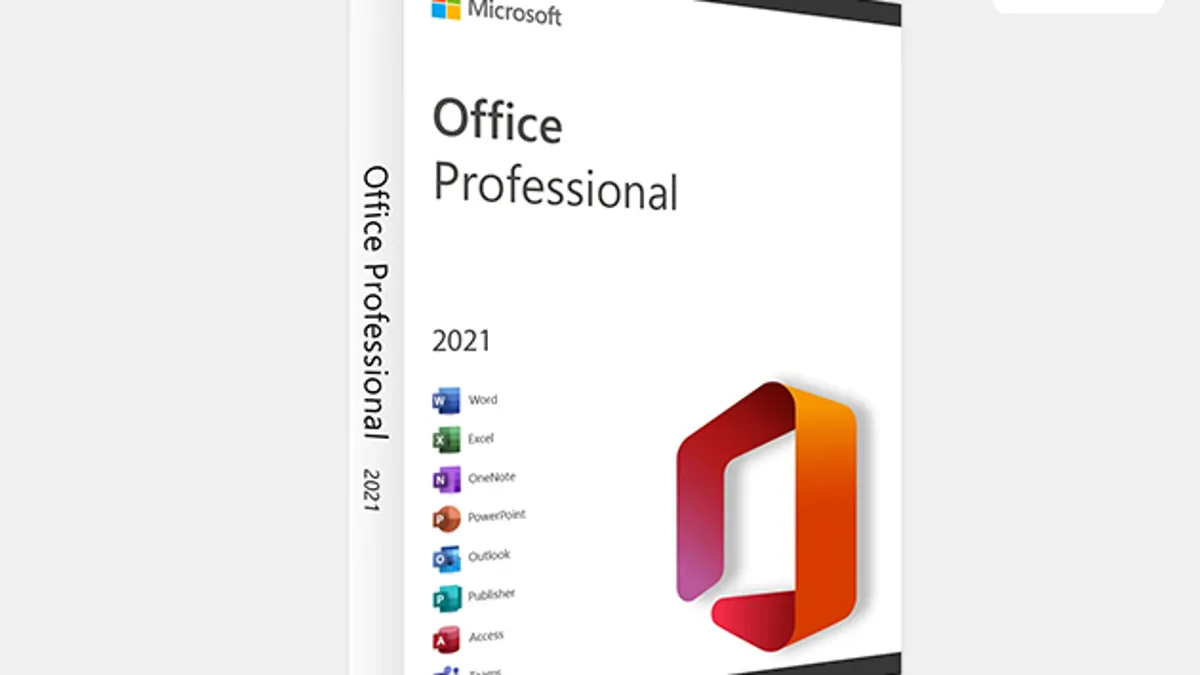🗳️ Индийская избирательная комиссия устранила недостатки веб-сайта защита конфиденциальности перед общими выборами 🇮🇳
Федеральная избирательная комиссия Индии устраняет недостатки на своем портале права на информацию, раскрывая данные, связанные с запросами граждан
“`html
India’s Election Commission addresses privacy issues revealing citizens’ data | ENBLE
The Election Commission of India recently took swift action to address security vulnerabilities on its website, ensuring the privacy and integrity of citizens’ personal data as the country gears up for its general elections in the coming months. The flaws on the commission’s Right to Information (RTI) portal exposed sensitive information related to citizens’ voting eligibility status, political candidates and parties, and technical details about electronic voting machines (EVMs).
Protecting Citizens’ Privacy: The Bug Fixes 🛡️
Thanks to the efforts of security researcher Karan Saini, who discovered the vulnerabilities in February, the flaws were brought to the attention of the Election Commission, the Indian Computer Emergency Response Team (CERT-In), and the National Critical Information Infrastructure Protection Center. However, initial attempts to address the issues were met with silence, prompting Saini to team up with ENBLE, an organization committed to cybersecurity awareness, to escalate the matter.
CERT-In, with its significant expertise in cybersecurity, intervened and facilitated the necessary fixes. The bugs, which allowed unauthorized access to RTI requests, transaction receipts, and responses, were promptly resolved this week. 😌
What Information Was at Risk? 📝
The exposed data posed a potential threat to citizens’ privacy. It included details such as the filing date of RTI requests, the questions asked, the applicant’s name and mailing address, the applicant’s poverty line status, and the responses provided. While this information is not classified as confidential under Indian law, a Kolkata High Court judgment from 2014 advises authorities to protect personal data of RTI applicants and not publish such information on public websites. 🤐
- 📢 TikTok столкнется с отделением или запретом в Соединенных Штатах ...
- Bet365 Faces Investigation by Australian Government Agency’ -...
- Itogi analiza soderzhaniya i predostavlenie tsennogo informatsii
Q&A: Addressing Concerns About Privacy and Election Security 🤔
Q: Can the Election Commission of India’s RTI portal be accessed without a login?
A: By default, the RTI portal requires user login to access individual RTI applications and responses. However, the recently fixed security vulnerabilities had made it possible to access the data without proper authentication. This raised concerns about the privacy and security of citizens’ personal information.
Q: Are there any legal ramifications for the Election Commission’s mishandling of citizens’ data?
A: While the exposed data is not considered confidential under Indian law, the Kolkata High Court has urged authorities not to make personal information of RTI applicants publicly accessible. The Election Commission should adhere to this guidance to ensure citizens’ privacy.
Q: Are there any future plans to enhance the security of the Election Commission’s website?
A: The Election Commission has not provided any official statement regarding further security enhancements. However, it is crucial for the commission to conduct regular security audits and address any vulnerabilities promptly to maintain the privacy and confidence of the citizens during the election process.
The Impact: Beyond the Election Commission 💡
Addressing security vulnerabilities and protecting citizens’ privacy is crucial not only for the Election Commission of India but also for any organization entrusted with citizens’ personal information. The public’s faith in the electoral process largely depends on the security and integrity of the systems and platforms involved.
As technology continues to shape our lives, it is essential for organizations, across various sectors, to prioritize cybersecurity measures. Safeguarding citizens’ data should always be a top priority, ensuring that sensitive information remains confidential and untampered with.
Looking Ahead: Ensuring Secure Elections 📜
While these vulnerabilities have been rectified, it is vital to recognize the significance of continuous security efforts, particularly during critical events such as general elections. Governments and organizations worldwide should invest in robust cybersecurity measures, including regular vulnerability assessments and prompt fixes.
In an era where technology increasingly governs our lives, organizations must stay ahead of threats that seek to exploit weaknesses in their systems. By taking proactive steps to protect citizens’ data, the Election Commission of India has demonstrated its commitment to maintaining the security and privacy of Indian citizens. 🇮🇳✊
🔗 References: 1. 🌐 Document on Kolkata High Court’s judgment
“`






